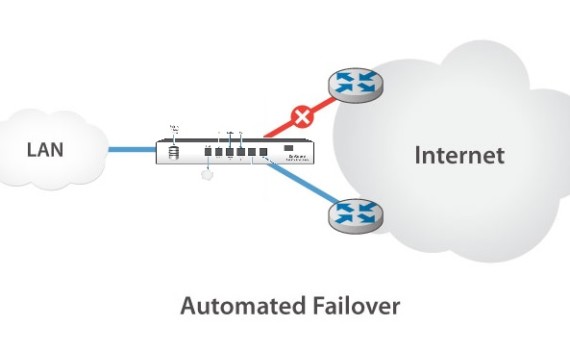
4 beneficial cloud-based services you haven’t thought of
Business owners understand the benefits of the Cloud. We’ve all seen it in action to some degree or another. Cloud hosted websites, Gmail/Google Apps, Social networking sites, dropbox are all common services available to the average person. Most businesses have hear of Salesforce, Zoho, Office 365, Azure and Amazon Web Services. However, there are many more beneficial services emerging as cloud computing makes its way to the mainstream. You may have even benefited from some of these services without even noticing it.
1. Wireless Networking
When managing a facility that is larger than one access point can support, or when several advanced features are needed, such as Active Directory integration, multiple SSID’s, roaming and Guest Services, a cloud based wireless LAN can be a very inexpensive way to achieve an Enterprise level services. For Hotels, office buildings, Airports and resorts (to name a few) that need to have continuous coverage across the facility and provide different guest services where customers can logon to a less secure WiFi access point with little more than a room number and password to authenticate to, consider this. Managing access control on multiple access points and allowing mobile users to drop one access point and instantly pickup on another when roaming from on location to another, you would need several access points, a management server and middleware application that translates security from each access point to a central authentication system.
In contrast, a cloud based system will allow you to have all these features with just the access points. From a central website, you configure the features and security you wish, then use profiles to automatically push that configuration to the access points in real time. All you need is the access points and the service. There is no other equipment to buy and best of all, you can manage access in multiple locations even if the locations span geographical areas that are not even connected to one another!
2. Point of Sale
We’ve all seen the new form of cash register these days. The ones that look like an iPad on a stick with a credit card swipe and a cash drawer, but did you know that many of those are cloud based? The service is turnkey. You sign the contract and get an online ID, all the equipment and a web-based account to track all your transactions, subscriptions, gift cards & coupons. There is virtually no equipment to buy and all you financial transactions are centralized. This is especially beneficial if you have aging hardware, struggle to meet the new PCI requirements or need to integrate your sales with an online store. The systems can further integrate with popular book keeping applications weather in the cloud or on premise. Since its a managed system, you spend less time manually doing you financials and more time running your business.
3. Office Telephone Systems
Hosted PBX is the latest cloud based service to reach the common business. Instead of buying a complex phone system that includes voicemail servers, line switching cards, inter-office controller boards, proprietary phones and paging systems, a Hosted PBX system gives you all the features of an Enterprise system for little setup and a per-user monthly rate. You don’t have to buy any equipment and new services can be turned up in an instant.
This is by far one of the most beneficial uses for the cloud yet. With a Hosted PBX, you’re instantly integrated with all your remote sites, home users and mobile phones. All your upgrades and security concerns are just taken care of and there’s no need to hire an expensive phone technician every time you have to make a change. Also, since the voice traffic is Internet based, there is no wait time when moving offices. There are way more benefits to list from this exciting service. For more information read What Can A Hosted PBX Offer You?
4. Internet Scalability
When it comes to Internet speed and reliability, the service alone is not the only answer. Sure, providers are always ready to promise high speed and low downtime, but can they really deliver? One type of often overlooked cloud service is known as Software Defined Wide Area Networking, or SD-WAN. That sounds like a mouthful but it’s actually quite simple. An SD-WAN provider knows about the common cloud services you utilize such as Salesforce, Amazon, Azure, Office 365 and so on. They also know your location. Through intelligent software, they monitor all the hops between each point and create the fastest route from you to your providers. This maximizes speed and steers you around Internet traffic jams that aren’t your providers fault.
Also, an SD-WAN solution will make sure you always have a route to your destination. Traffic is dynamically re-routed to avoid outages. You can utilize any number of providers. Another name for this type of service is Redundant Internet Service Provider, or RSIP. RSIP services boast a 600x increase in speed.
Want to know more, contact us today and let us show you the possibilities.
CBC Solutions
Trusted Procurement Advisors
Internet • Voice • Cloud
(619) 784-5211
info@55x.6e8.myftpupload.com




